Clearly, the subject of fathers and daughters is nothing new. Susan Cheever reflected on John, Alexandra Styron on William. Jane Fonda finally earned a hug (albeit on screen) from her dad. But I cannot think of a time when so many creative projects were dealing so potently with this relationship. “One reason is that women’s stories were not given a serious place or respect for so long,” says pioneering female producer (Mermaids, The Butcher’s Wife) Wallis Nicita. ”The girl-dad thing has become more touching, especially since Kobe Bryant died with his young daughter, and you see Jay-Z hanging with and rapping about his.”
Two current memoirs have garnered particular attention. Ada Calhoun’s Also a Poet is a deep dive into the complicated life of her late father, Peter Schjeldahl, the highly respected art critic for the New Yorker. Similarly, Priscilla Gilman’s The Critic’s Daughter is a no-holds-barred account of her parents’ marriage and divorce, but most specifically about her father, theatre critic Richard Gilman.
‘The girl-dad thing has become more touching.’
In New York, a new play called The Best We Could, written by Emily Feldman, is about a father and daughter traveling cross-country to buy a dog. But, of course, it unleashes a great deal about generational and familial alliances.
One of the notable films this season is Aftersun, powerfully directed by Charlotte Wells. It follows—in flashback—a father taking his young daughter on a vacation. A palpable mood hovers as the now-grown daughter re-examines the trip. Turn Every Page is the highly acclaimed documentary made by Lizzie Gottlieb about the literary relationship between her father, Robert Gottlieb, and Robert Caro. “The most emotional moment for me was hearing my father ask if he was a good father,” Gottlieb told me.
Read More: The 4 Best Lessons I Learned from My Fun-Loving Dad
Even Famous Dads Are Relatable
Paul Newman came back to us in the last few months, first in Ethan Hawke’s The Last Movie Stars doc, and then in a sort-of memoir called The Extraordinary Life of An Ordinary Man. It was known that the actor did not originally want his recordings published, but his family ultimately felt it necessary. “The fact that our father ever considered the book you now hold in your hands seems completely weird,” writes Melissa Newman, one of his daughters. “An offering to the offspring is how he originally thought of it.” She also confesses (which serves as a warning to others, perhaps), “It’ s full of the kinds of revelations that, had they been shared with us sooner, might have made for some deeply meaningful conversations, and most likely, some pretty uncomfortable family dinners.”
Equally poignant is TV titan David Milch’s recent memoir, during which he is battling Alzheimers. ”On this project, my deepest gratitude goes to both my daughters,” Milch writes. “Olivia got the ball rolling, and Elizabeth helped me give it its final form, which helped enormously as my memory flagged.” (One might also include newscaster Katy Tur’s memoir last year, which dealt with her father’s sex change.)
‘One audience member said that seeing the play inspired them to reach out to their parent, who they hadn’t spoken to in a long time.’
These are personal—yes, name-dropp-y—stories, but the creators hope they are relatable. “I was struck by how many women said that there was something in the experience I had that felt like what they had,” says Calhoun, “regardless of where they lived or what their fathers did. The main thing women told me was that they, too, felt like their father’s disinterest had shaped them in a profound way—created sadness but also strength.”
Happiness for her was that her dad lived to read it. “He told me it was true and beautiful and that he loved it,” she said. “It was the best moment in our 46-year-long relationship.”
Priscilla Gilman agrees that her unique tale seems to resonate: “It is for anyone who has gone through their parents’ painful split, who had complicated or difficult parents, who struggled with how to best love and care for a damaged parent, who has lost a parent to divorce or death. That is a lot of people!”
Playwright Emily Feldman says her initially cozy, then surprisingly harrowing, play hits many touchstones. “I love when people tell me stories about their family pets, parents, or moments from their lives after seeing the play,” she says. “One audience member said that seeing the play inspired them to reach out to their parent, who they hadn’t spoken to in a long time.”
Daughters on Fathers and the #MeToo Movement
The #MeToo movement clearly played a role in spurring daughters’ courage. “I started to wonder,” says Feldman, “how questions around feminism and fathers are a complicated piece of a larger conversation and are exceptionally entangled. I can’t generalize about parent-child relationships, but when I read about public men who have done repellant things, I often wonder how their daughters might feel.”
When I read about public men who have done repellant things, I often wonder how their daughters might feel.
Yet another author’s pain also found emotional cohorts. “I heard from hundreds of women who shared their stories with me,” said Gretchen Eberhart Cherington, the author of Poetic License—A Memoir.“Part of my courage to finish the book had come from reacquainting myself as an adult with some of my father’s best friends. Each acknowledged that my father had affairs outside his 50-year marriage to my mother. By the time my book came out, I no longer needed anyone to change their stories about my father. I was just no longer willing to change mine.”
What about the kids of these father’s kids? Must they know it all? “I hope my boys will read this book about the grandfather they never knew,” says Gilman. “And yes, writing is better than therapy indeed.”
Read More: My Father and Gorbachev: Memories of Two Peacemakers
***
Michele Willens is the author of From Mouseketeers to Menopause and a theatre critic for NPR’s Robinhoodradio.

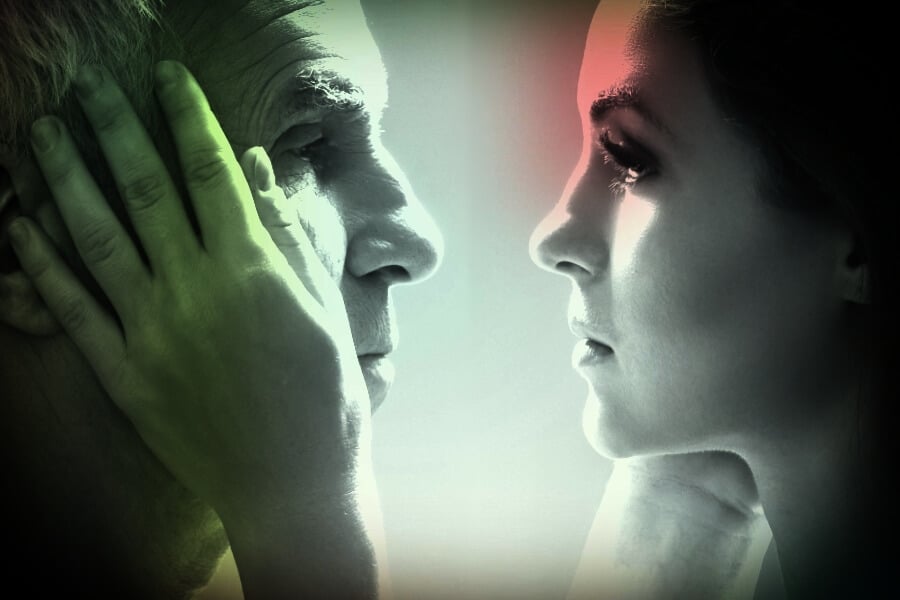
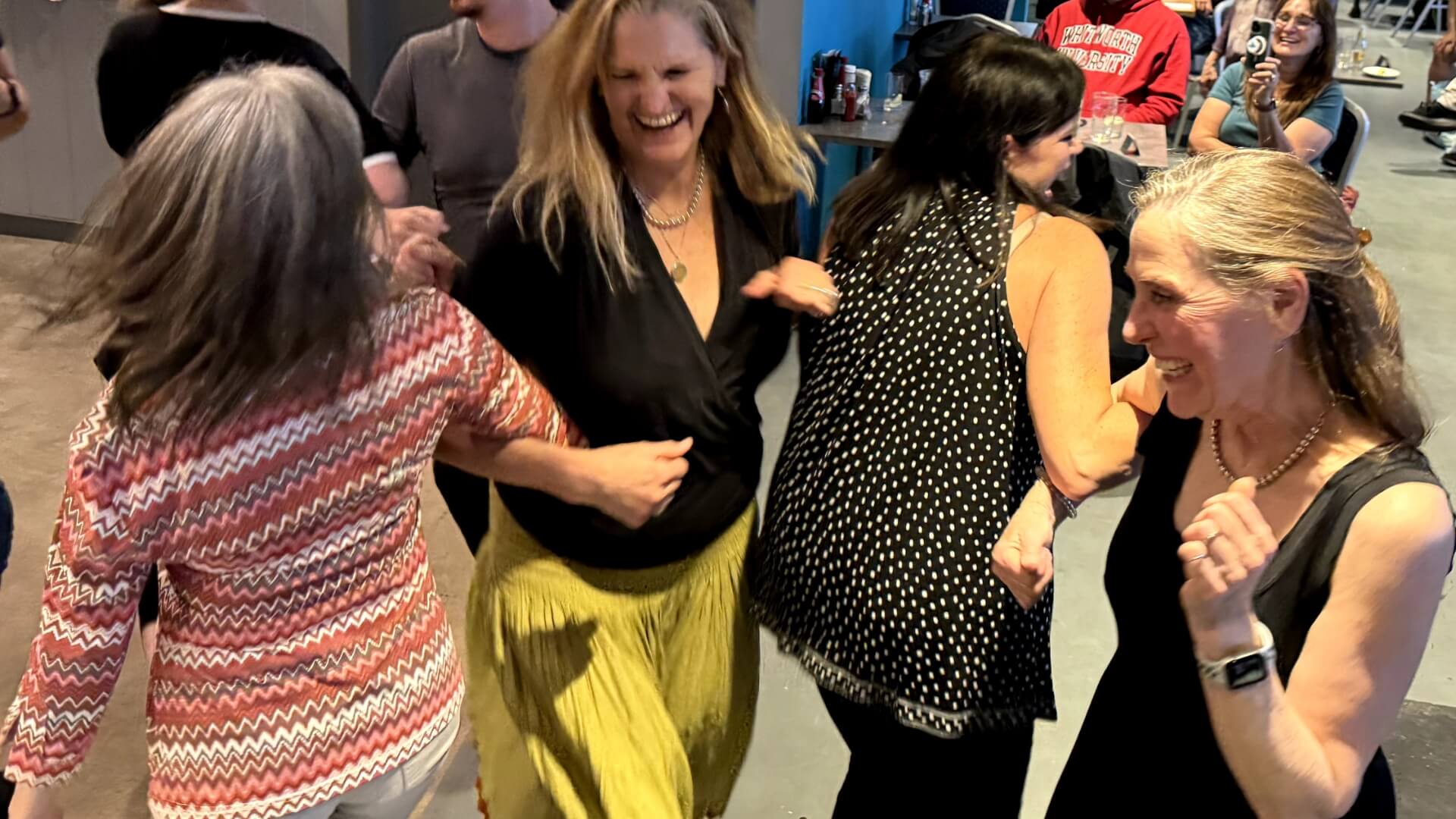
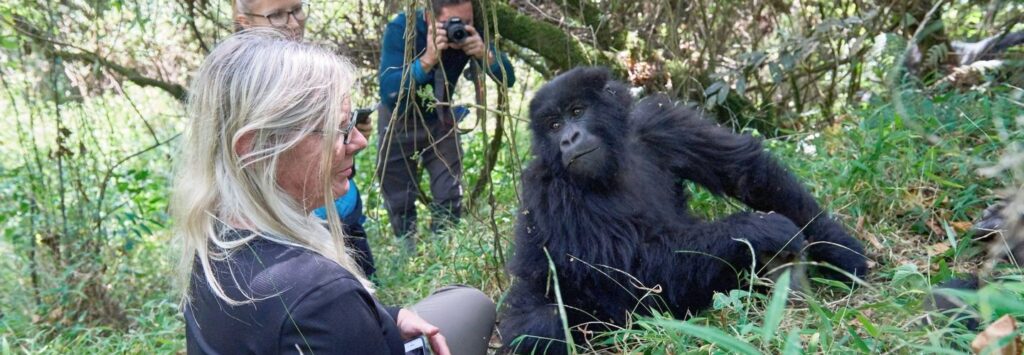


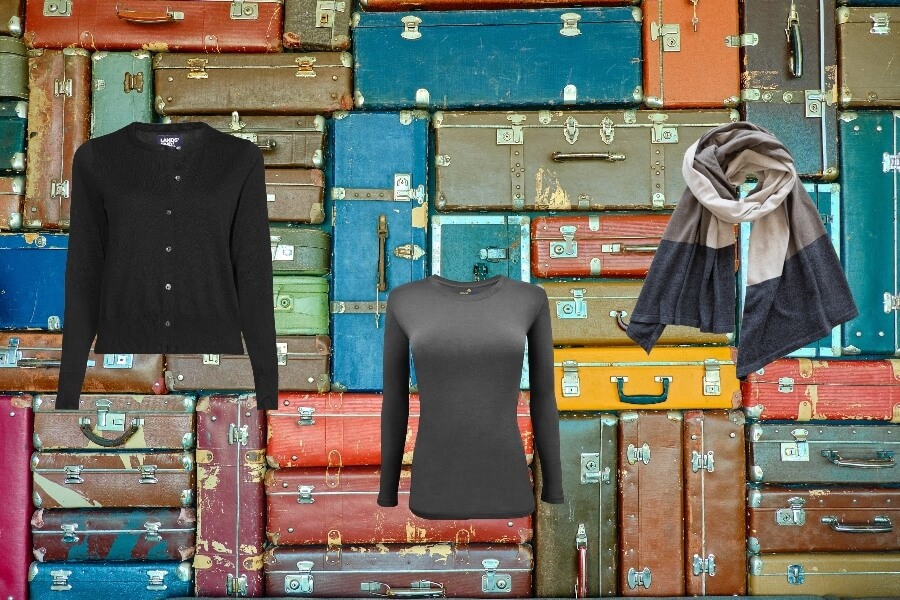

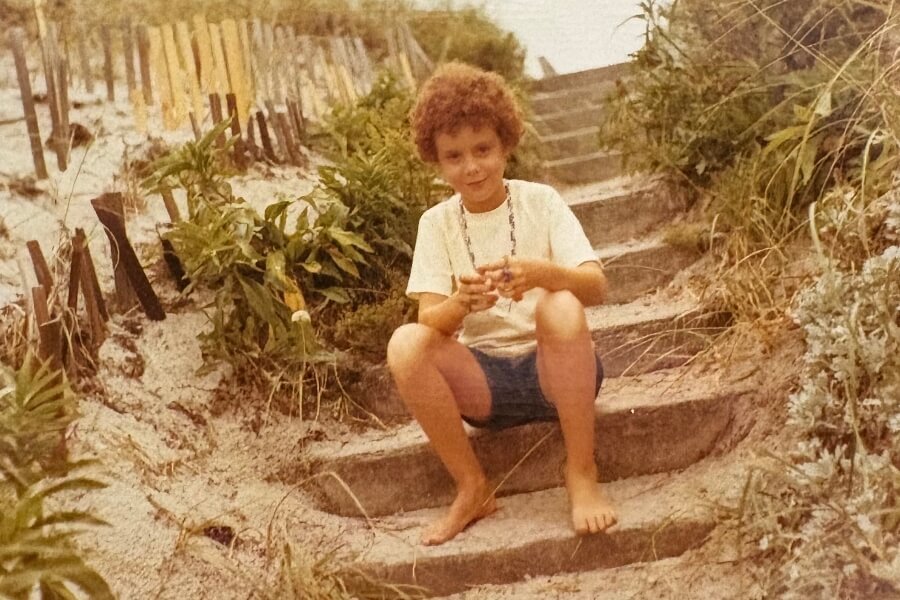

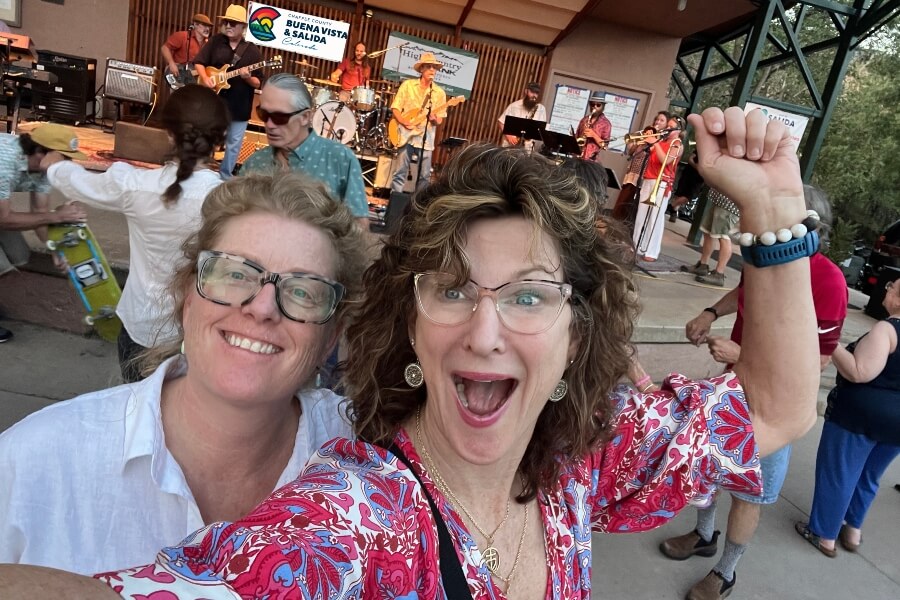







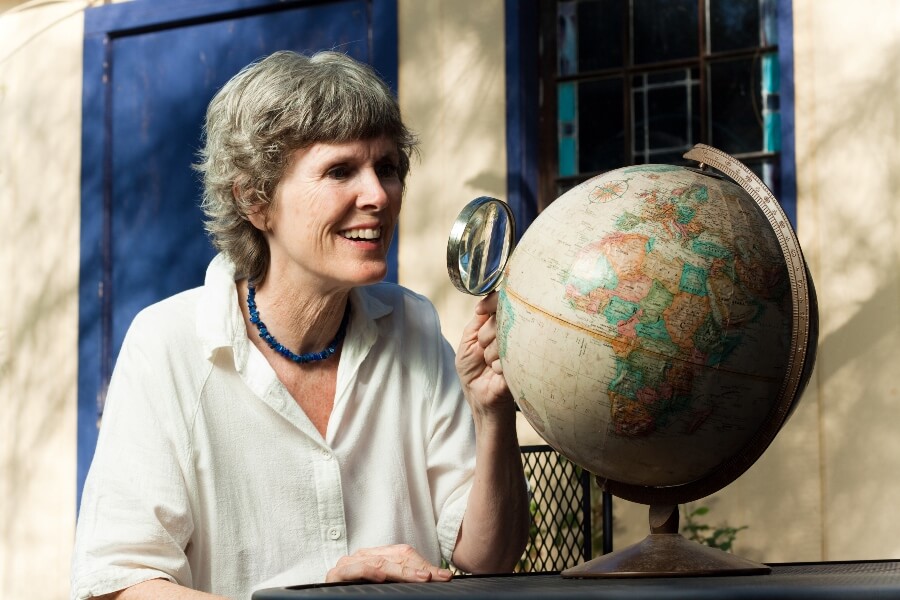
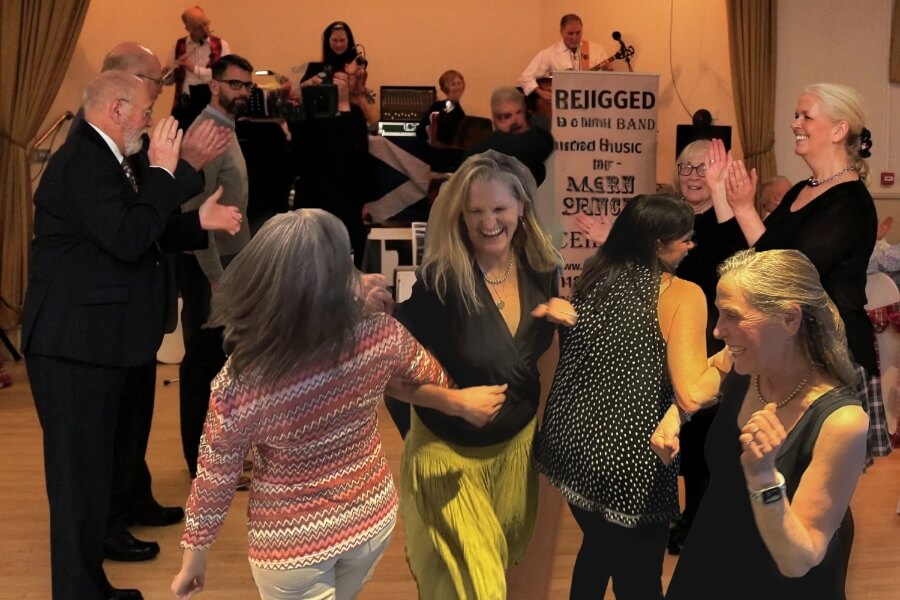



0 Comments